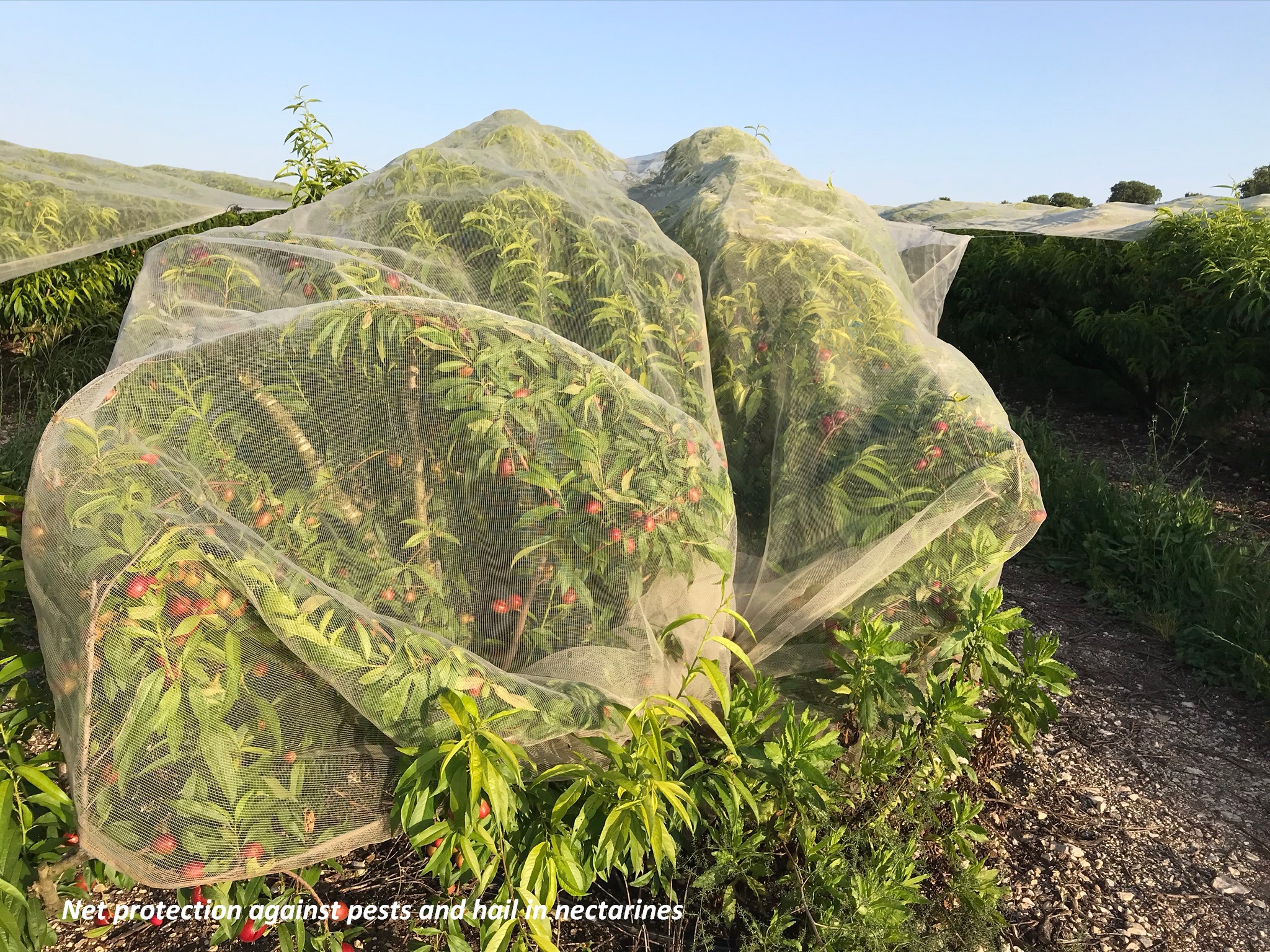



Modern agriculture has been blamed for multiple environmental disruptions and for being a threat to biodiversity and humanity’s ecological footprint.
Admittedly, the impact of global agriculture on the environment has been significant. Effects for example, have ranged from deforestation and land conversion, unsustainable soil and water depletion, indiscriminate usage of agro-chemicals and pollution related to excessive application of fertilizers. Immediate consequences have been biodiversity loss and a direct effect on climate change through production and release of greenhouse gases related to agriculture and livestock, including carbon dioxide, methane, and nitrous oxide.
Nonetheless, agriculture is a necessity and will remain essential to sustain a developing population and life on Earth as we dream for.
Although it is not realistic to expect that agricultural practice will have nil environmental impact, sustainable agricultural methods can have a substantially lower impact on the environment.
Awareness of stakeholders to these as well as to the possible negative effects of agricultural practices are a hallmark in the shift towards sustainable agriculture which is workable.
Methods are diverse. Conservation tillage, contributing to soil sustainability, reducing erosion and water runoff; maintenance of soil carbon by applying green manure, crop rotations and compost; integrated pest management involving rigorous scouting, targeted pest control, beneficial organism support and maintenance of a balanced field fauna population based on economic thresholds; strictly metered and monitored water and nutrient application to avoid deep percolation, water and nutrient losses and soil pollution; precision agricultural methods and remote sensing designed to save on inputs with targeted solutions. These are to mention a few.
Sustainable agriculture is knowledge intensive at all management levels. Technical and awareness training is imperative for its application and success.
TerraVerde Agriculture is engaged in interventions designed to reduce and mitigate agricultural environmental impact. We champion sustainable agriculture and promote advanced technologies and agronomic methods designed to take agriculture generations ahead with minimal harmful





Igal Flash and Cindy his wife were murdered by Hamas killers in their home in Kfar Aza, in the horrific attack that took place in the Western Negev on Saturday,
october 7.
Igal, was one of the professional pillars of field crops in Israel, especially in the cotton industry and in particularly in the Western Negev. They were brutally murdered in their home at Kfar Aza.
Igal continued a tradition of agriculture in this arid region, personally contributing to the continuous development from ancient rain-fed methods to the modern innovations of the 21st century. Building this robust agricultural environment not only boosted the settlement of a desert region with a thriving local economy, but also led to significant technological progress shared globally.
Further to the ceremony held in Israel we join the family in its mourning and in the fundraising efforts aimed to rebuild their lives, cover funeral expenses in Israel and the memorial in the US.
Be there for the Flash family:
https://gofund.me/014332c4
In addition to the murder and injury of thousands of people, the agriculture in the area was also significantly damaged.
Other support links forwarding to assistance to farmers and donations to victims can be found here: IRONMATCH
Your contributions will be much appreciated.